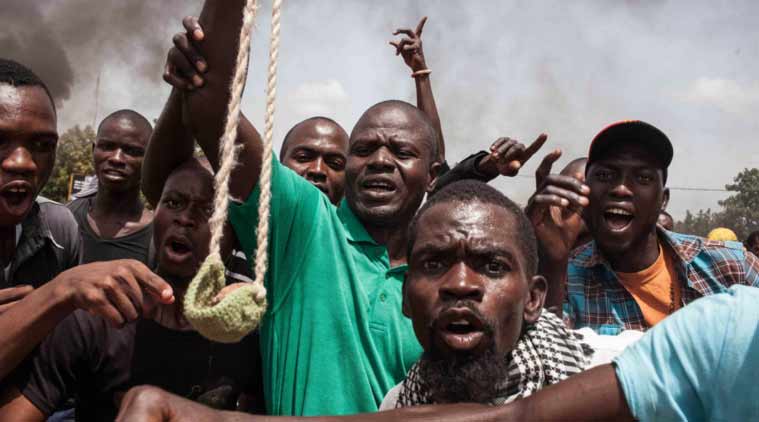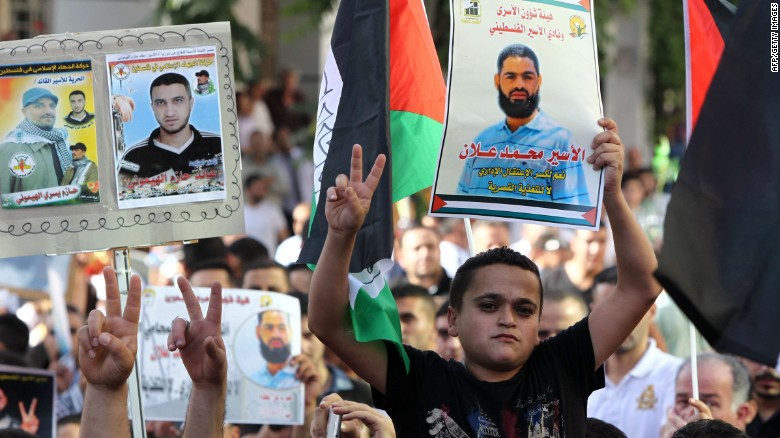By Tyler Campbell
Impunity Watch Reporter, Africa
OUAGADOUGOU, Burkina Faso – As of yesterday, Burkina Faso is officially under new leadership. The military announced it had dissolved the government and removed the sitting president days before the election, which was scheduled to take place on October 11. The presidential guard seized the president, prime minister, and other government officials during a cabinet meeting this Wednesday. It is not clear what has become of these government officials at this time.

Shortly after the seizer the guard took to radio and television signals to announce that they were now in control of the country. The presidential guard had been very vocal about its disagreement with the interim government that was running the country. The guard has heavy ties with the previous president, Blaise Compaore. He had been in control for 27 years until finally being ousted by public up rising the year before. The presidential guard’s main issue with the interim government was its decision to block any members of the ex-president’s party from running in the October election. This move could likely be an attempt for ex-president Blaise Compaore to regain power, or keep control within party lines.
This coup has had some immediate negative consequences for the country. The boarders of Burkina Faso have been shut down. The presidential guard has also put a curfew in place. The coup and these actions by the guard have been met with heavy rioting in the nations capitol.
These riots have left ten dead so far. An unverified claim blamed these deaths on shots fired by the presidential guard. Along with these deaths have come an unknown number of rioters being arrested.
Cheriff Sy the transitional parliamentary speaker has become the unofficial leader of the opposition to this coup. After declaring himself the leader of Burkina Faso he asked its people to rise up and fight this oppositional government. Saying, “We are in a resistance situation against adversity.”
The U.S. and French governments have both expressed concern and condemnation about the actions of the presidential guard. However, military action by either of these nations against the coup is very unlikely at this time. This could change if the situation with ISIS continue to worsen. Burkina Faso was one of the most important allies of these two nations in their fight against Islamist extremism.
For now it is fully up to the citizens of Burkina Faso to once again rise up and expel an illegitimate regime, like they did in 2014. In those riots the citizens of Burkina Faso eventually ended up setting fire to the capitol building and homes of then president, Blaise Compaore. We shall see if this level of violence will be needed to overthrow the presidential guard this time around.
For more information, please see:
BBC – Burkina Faso coup sparks deadly street protests – 17 September 2015
The New York Times – Violent Protests Topple Government in Burkina Faso – 30 October 2014

